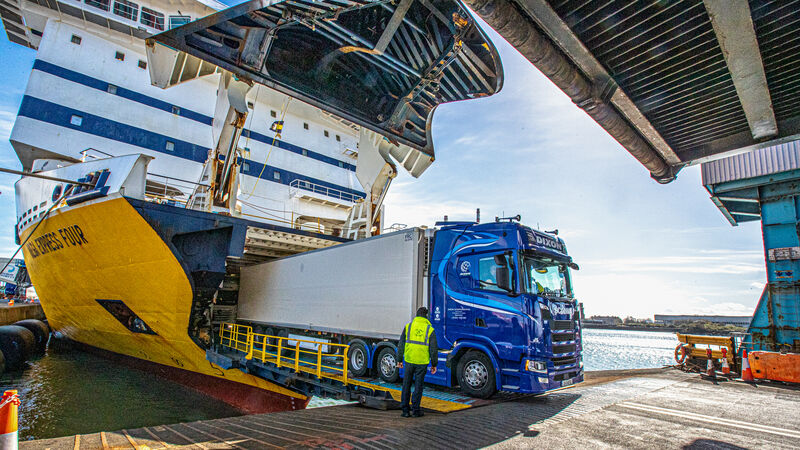New focus for Irish food exporters as UK health report targets sugar, salt, and meat

The second of the reports from the UK's National Food Strategy which is tasked with finding ways to combat Britain's obesity crisis would have significant implications for Irish food firms selling into the key British market.
A report for the UK government urging new taxes on sugar, salt, and for consumers to eat a third less meat, are set to raise new challenges for Irish food exporting firms which rely on Britain as their biggest market.
The second of the reports from the UK's National Food Strategy which is tasked with finding ways to combat Britain's obesity crisis would have significant implications for Irish food firms selling into the key British market.













